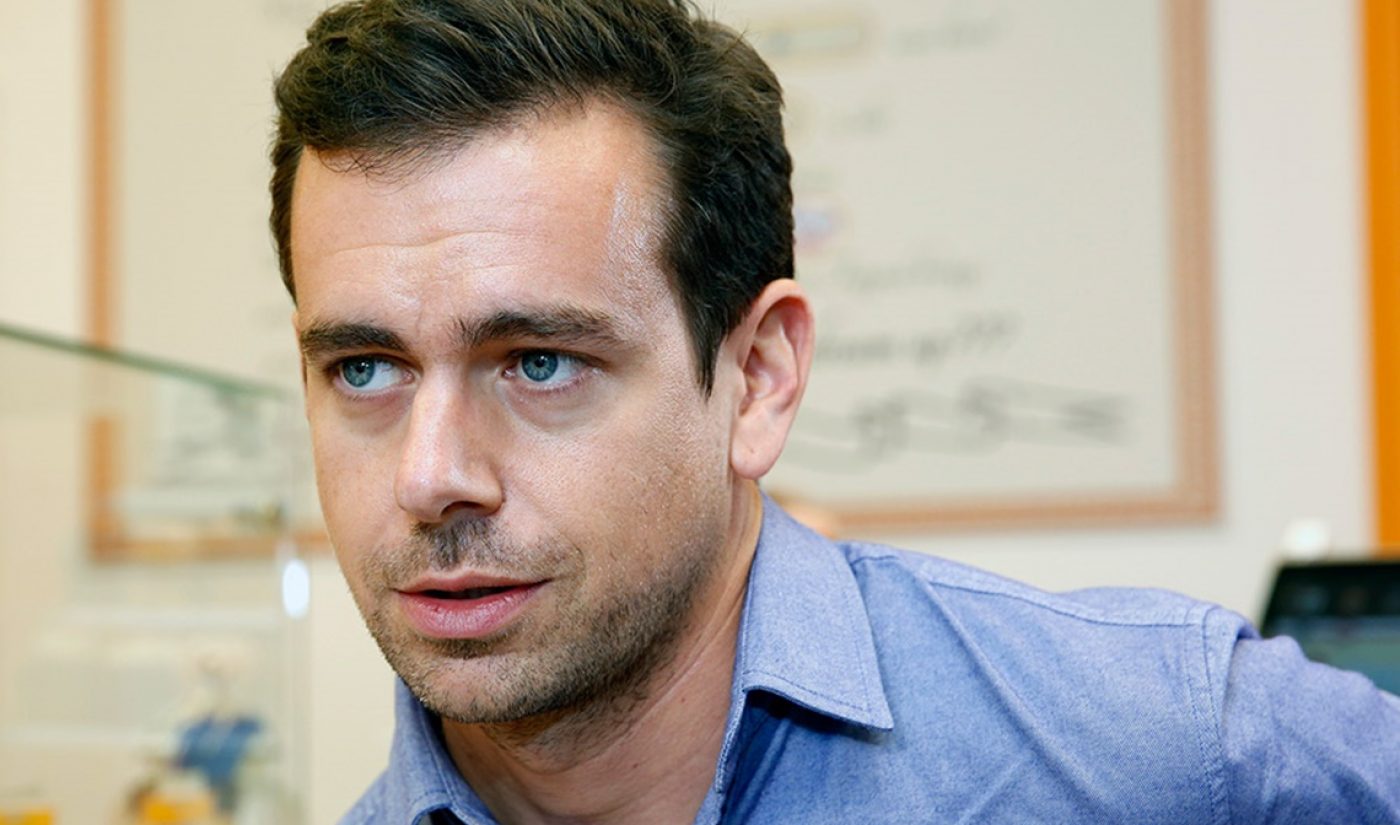Almost exactly a year ahead of the coming 2020 U.S. electoral apocalypse, Twitter said it will stop selling political and issue-focused ads. Bully for them, maybe.
“We’ve made the decision to stop all political advertising on Twitter globally,” self-starving CEO Jack Dorsey tweeted. “We believe political message reach should be earned, not bought.”
That at least sounds kinda good. There even are lots of reasons Twitter might want to get out:

Subscribe to get the latest creator news
- Social-media were a principal vector for Russian intelligence attempts to influence the 2016 U.S. election. Similar monkeying by Russians and others have been spotted in campaigns from Britain to Nigeria and beyond.
- The regulatory heat on all the major social-media outlets is vaulting upward. Tough new privacy rules, uncomfortable legislative hearings, stiff fines and more are all becoming common.
- The company is still getting roasted for allowing its most prominent user, the current occupant of the White House, to say all kinds of stuff that would get others banned for violating terms of service. The best response Twitter has come up with is to highlight ways the president’s frequent bad tweets violate company rules. This is known as a teaching moment, I suppose.
- The 2020 campaign is shaping up to be even messier than 2016. Not only is Russia working on a sequel, so too, reportedly, are such friends of democracy as Iran, North Korea, and Saudi Arabia.
- Getting out looks better than what Facebook is doing, i.e., nothing. The Facebook response is yet another example of how Zuck’s Gang can look bad even when it does what possibly is the right thing. The latest Facebook foot-in-paint-bucket moment: refusing to take down Trump campaign ads that demonstrably lie about potential opponents.
So, as they like to say on the Interwebz, What could go wrong?
What Could Go Wrong?
Plenty, I suspect, as Twitter (and the rest of us) will find out soon enough.
Researchers suggest that Twitter may have little luck blocking political ads, if its previous track record running a centralized database of such ads is any guide. NYU researcher Laura Edelson told the Washington Post that Twitter struggled to capture the presence of even prominent ads on its site. Worse, by banning the ads, Twitter is making it more difficult for researchers to track the ads, and monitor what’s happening.
“The technical problem of enforcing this ban is the same one as enforcing their disclosure requirements, and if they make less information transparent, it will be harder for third parties like us to monitor if they are actually enforcing this policy,” she said.
Worse, University of Utah Assistant Professor Shannon McGregor said, she and other researchers are finding plenty of evidence that foreign governments are buying political ads on Twitter, ads that should be subject to the Foreign Agents Registration Act.
“They’ve proven they’re not going to be great at enforcing it,” McGregor told the Post. Recent attempts by Google and Facebook to ban political ads in the state of Washington, because of local laws there, suggest no one else is great at this Sisyphean task either.
What About Issue Ads?
Twitter also hasn’t detailed just how it’ll detect and stop third-party issue ads, long a source of some of the most scurrilous spots in American political history.
Business Insider reported that Facebook stumbled into this quagmire recently. It flagged as political (and therefore requiring a heretofore-unknown additional layer of vetting) HIV-prevention ads from an LGBTQ-focused health organization.
The bigger question, for those of us here in Tubefilter Land, is why bother with ads when you can just hire a fleet of a thousand nano-influencers, and get the same reach while being largely overlooked by the powers that be? And can Twitter even regulate that material? Probably not. Even if they try, chances are it won’t happen often, or consistently.
Twitter already isn’t doing much to regulate one 0f its biggest influencers, that orange guy in the white building. The practical effect of the ad ban might be to hand Donald Trump a significant advantage on a platform where he’s already one of its most effective and far-reaching users.
And of course, right on cue, this week we got disconcerting evidence that Twitter sucks at protecting our information, especially in the political sphere.
Saudi Spies In The Back Office
The U.S. government charged two former Twitter employees with espionage, allegedly accessing Twitter data about 6,000 dissidents opposed to the deeply problematic Saudi Arabian government. The two former employees were allegedly paid hundreds of thousands of dollars to provide the information. It’s probably worth noting that neither of the accused had a job that should have given them access to all that private information.
In taking its bold stand, many critics noted, Twitter is hardly inflicting pain on itself. It’s giving up only a tiny share of ad revenue, maybe $3 million a year for a company with a market capitalization of $22.5 billion.
Twitter not carrying political ads might even be one of the few upsides of the significant underspending by many advertisers on digital media (a recent report by Vorhaus Advisors and Tubular Labs suggests creators and publishers should receive about 2.5 times more ad revenue, based on proportionate audience share).
And it’s probably going to dodge the impossible task of deciding what’s true, and what isn’t. Then again, who knows? I’m betting Twitter doesn’t. It’s going to be a complicated year ahead.








